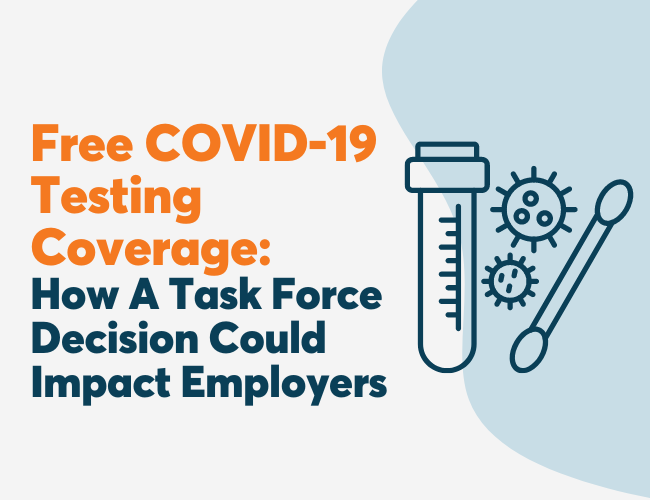In August 2017, Judge John Bates of the U.S. District Court for the District of Columbia issued a memorandum in the AARP’s lawsuit against the U.S. Equal Employment Opportunity Commission (EEOC). The ruling sided with the AARP, which argued that the EEOC did not explain the reasoning behind wellness plan compliance obligations with respect to the Americans with Disabilities Act (ADA) and Genetic Information Nondiscrimination Act (GINA). As a result, the EEOC must reconsider two regulations surrounding employer-sponsored wellness programs as well as provide more evidence for their decision.
Although the judge ordered the EEOC to reconsider its regulations, he chose to keep the rules in place for the time being to avoid “disruption and confusion.” If the rules were vacated, employees who received incentives from their employers “would presumably be obligated to pay these back, which may not be feasible for many,” while employers who imposed a penalty rather than an incentive would likewise be obligated to repay to employees the cost of the penalty, which also may also not be feasible. Wellable advised employers to take steps to ensure compliance with the final ADA and GINA regulations in their current form while keeping track of updates from the EEOC as they are made public.

Good news is that guidance on the timing of changes and when they will be effective is now known. The EEOC announced it will need until August 2018 to reconsider its regulations on employee wellness programs and expects to issue a new final rule by October 2019. Since employers will need time to bring current programs in compliance, substantive changes to the regulations will likely not take effect until January 2021. Timing estimates provided from the EEOC may change based on developments during the course of its reconsideration and rulemaking process and the significance of the proposed changes, if any.
Employers should react to this news in a similar fashion as the August judgment. That is, employers should ensure compliance with the final ADA and GINA regulations in their current form while closely monitoring updates from the EEOC so they can start preparing for likely changes as soon as they are made public.
Subscribe to the Wellable Blog on the sidebar to stay up-to-date on these issues and others as it relates to employee wellness and engagement!












